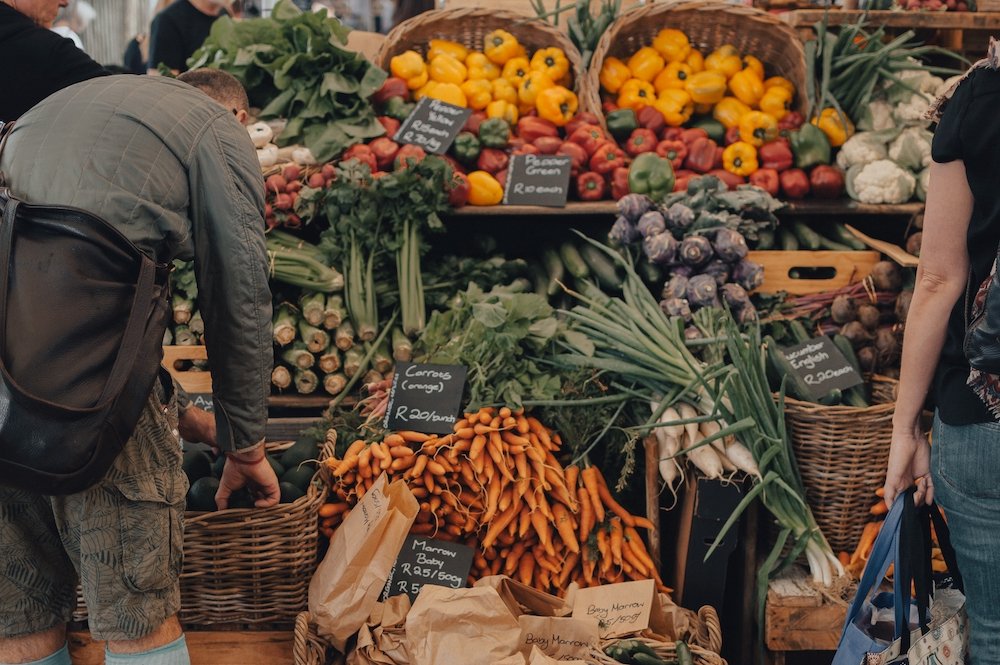Help Your Garden Beat the Summer Heat
Help Your Garden Beat the Summer Heat
BY DAVID OTTERSTROM
Spring is the time to excitedly envision the garden season. You clean your garden space and plant your seeds and seedlings; things start to grow and the excitement builds. Now, you just have to keep the momentum going.
It is easy to think the majority of garden work is in spring and the rest of the garden season is waiting to harvest. This kind of thinking brings so much disappointment when eventually new weeds take over and one hot stretch of weather wipes everything out.
For a garden to be successful, it needs to be maintained all season long. Here are some tips to help your garden stay fruitful:
Keep on top of weeding
Usually by early summer there is a second growth of weeds in the garden after the initial spring inundation. Weeds like bindweed and crabgrass may pop up in full force. Make sure to weed these out so your garden plants are not shaded up and losing nutrients. Pro-tip: don’t just throw away certain weeds such as purslane and lamb’s quarters — you can use these as nutritious greens in fresh salads or enjoy sauteed.
Take care of heat-sensitive plants
Use a shade cloth over plants that are more heat sensitive like kale, chard and cauliflower. Try to keep cooler crops, like broccoli, spinach and turnips, in partly shady areas so they do not get burnt out. Most of my cool crops, like lettuce, peas and radishes, need to be harvested by early summer. You can harvest them and use the extra space for the late-season gourdes. I keep tomatoes, peppers, corn, watermelons, beans, cucumbers and other hot weather plants in the full sun because they thrive in the heat.
Soil is key to a productive garden
Focus more on soil than anything else. Many people wonder why their plants are not being productive and more often than not, it is because they lack fertile soil in their garden. Keeping a compost bin year-round in the garden can help you create rich (and free) compost. Try to keep it mixed with half greens like fresh weeds, food waste and yard/lawn trimmings and half brown materials, such as cardboard and old leaves. Keep it compact and moist to help it break down faster over the seasons and turn it regularly. This creates incredible compost for your garden, but if you need rich soil immediately, you can always buy it at your local gardening center.
Either way, apply garden fertilizer every 4-6 weeks to make your vegetables more productive. Adding a thick layer of mulch on top of the soil surrounding your plants will make a huge difference in retaining nutrients and moisture to fuel growth.
Know when to water
Water in the morning to reduce excessive evaporation and help keep your plants hydrated during the day. Plant diseases can also favor spreading in the nighttime’s wet and cool conditions, so a morning session helps protect your garden against that. To know when to water, check the soil around your plants. If the soil is dry a finger-length deep, it is time to water again. Watering deep and slowly helps save resources and reduces the need for frequent watering.
Be sure not to overwater — many plants, like tomatoes, will not produce well when doused.
Be supportive
Add support to plants as they grow, whether it is extra stakes for your tomatoes or a higher trellis for your cucumbers. This will help the plants grow strong without breaking or bending under their own weight.
Stay on top of your summer harvest
Regular harvesting of tomatoes, cucumbers, peppers and green beans will help the plants grow more produce. Happy gardening!











